| I acknowledge and thank the Lkwungen People for allowing me to live, pray, work, and play on their lands. I am deeply sorry for the injustices inflicted upon the First Nations, Inuit and Métis peoples in Turtle Island by the complicity of settlers and the Catholic Church in the colonialism inherent in the Indian Act and Residential Schools including racism, neglect, many forms of abuse & cultural genocide. I commit to work for truth, healing and reconciliation. |
Is the world facing a hunger crisis?
As a member of the Canadian Foodgrains Bank, Development and Peace — Caritas Canada is participating in the $5 million matching fund launched until July 17 by the Government of Canada and the Humanitarian Coalition in response to this hunger crisis in sub-Saharan Africa due to climate crisis and war in Ukraine.
"We produce enough food for all people, but many go without … it is everyone’s duty to eliminate this injustice… "— Pope Francis, 2021
Are we pro-life? Please help!
21 June 2022
| Google Canada honours the life and legacy of Northwestern Ontario Indigenous artist Norval Morrisseau. Conceived and illustrated by a Winnipeg couple, Blake Angeconeb and Danielle Morrison, who are originally from Lac Seul First Nation (300 km NW of Thunder Bay, Ontario) and Anishinaabeg of Naongashiing (near Morson, Ontario) respectively. |
another meaningful step in the long journey of
healing, reconciliation and hope"
"We know that the Holy Father was deeply moved by his encounter with Indigenous Peoples in Rome earlier this year, and that he hopes to build on the important dialogue that took place," Archbishop Richard Smith, an organizer of the Pope's visit to Canada, said in a statement. "We pray this pilgrimage will serve as another meaningful step in the long journey of healing, reconciliation and hope," Smith said.
| The Season of Creation (1 September -4 October) is a time to renew our relationship with our Creator and all creation through celebration, conversion, commitment, advocacy and action. |
Come, now! I will send you…I will be with you” (Ex 3: 1-12)
Inspired by Moses we must go to today’s Pharaohs and demand justice and care of creation and serve God. We must amplify the voices of those marginalised who are silenced, muted or ignored. We are called to respond to the cry of the poor and cry of the earth for they are one; everything is connected. God was with Moses and we believe God will be with us.
The Season “Celebration” begins on 1 September, the World Day of Prayer for the Care of Creation, and ends on 4 October, the Feast of St. Francis of Assisi, the patron saint of ecology beloved by many Christian denominations. This year we will unite around the theme, “Listen to the Voice of Creation.”
The Psalmist declares, “The heavens are telling the glory of God; and the firmament proclaims God’s handiwork. Day to day pours forth speech, and night to night declares knowledge...their voice is not heard; yet their voice goes out through all the Earth, and their words to the end of the world.” (19: 1-4)
During the Season of Creation, our common prayer and action can help us listen for the voices of those who are silenced. In prayer we lament the individuals, communities, species, and ecosystems who are lost, and those whose livelihoods are threatened by habitat loss and climate change. In prayer we centre the cry of the Earth and the cry of the poor. Communities of worship can amplify the voices of young people, Indigenous people, women and affected communities who are not heard in society. Through liturgies, public prayers, symbolic acts and advocacy, we can remember those who are displaced or have disappeared from public spaces and political processes.
Please, oh please, ask that your bishops and pastors listen to our cry that they strongly support the 2022 Season of Creation. Check out the Kick off video and The Celebration Guide linked previously above.
The Guide includes articles among others on the Theme; the Burning Bush Logo; Ideas on how to Celebrate SOC 2022 (including prayer services); a Season of Creation Prayer; Advocacy, e.g. participation in climate campaigns, etc.
This includes 52 Ways to Care for Creation.
Here is no 33:
33. Talk to your parish priest about mentioning the climate crisis during Mass
The most important thing all people can do is talk about the climate crisis. Do you hear your parish leader or priest talking about the climate crisis? If not, set up a meeting with your priest to talk about your worries and how the climate crisis is affecting sisters and brothers in your community.
The Vatican has launched the “Laudato Si Action Platform” , to support Catholic Institutions and families to move toward total sustainability in the spirit of integral ecology and Laudato Si’.
| Jesus would invite his disciples to recognise the paternal relationship God has with all his creatures. With moving tenderness the Son would remind them that each one of them is important in God’s eyes. The programme of Jesus is a heart which sees. - (Sr John Mary Sullivan, FSE) Give us hearts to listen for the good news of your promise to renew the face of the Earth. (Season of Creation 2022 Prayer) |
The Cardinal’s presentation begins at about the 30 minute mark of the video. Czerny traced the five decade evolution of the church’s new focus on synodality to the principles of VII and explained how heeding Pope Francis’ call to integral ecology can help create hope. Czerny characterized synodality in terms of “the verb of the Church―how it lives and moves” and a universal call. “If the world does not learn to walk synodally, it’s not going to do a good job solving the huge problems that we have.” Walking together is not, the cardinal said, “just a way of ‘being Church,’ it will also finally be a way of ‘being world,’ the world that God created for us all.”
Here are some excerpts from my notes:
“Signs of the times was probably the most memorable expression from Vatican II …
In Octogesima adveniens, [1971] an Apostolic letter Pope Paul VI wrote to Cardinal Maurice Roy, (of Québec) President of the Council of the Laity and of the Pontifical Commission Justice and Peace (which belong together) on the 80th Anniversary of the Encyclical Rerum Novarum:
“It is up to these Christian communities, with the help of the Holy Spirit, in communion with the bishops who hold responsibility and in dialogue with other Christian brethren and all men of goodwill, to discern the options and commitments which are called for in order to bring about the social, political and economic changes seen in many cases to be urgently needed.” (no 4)
“That is what D&P is about. To bring Christ incarnate into the world where He is needed. The Cardinal cited Gaudium et Spes #22: “For by His incarnation the Son of God has united Himself in some fashion with every man. He worked with human hands, He thought with a human mind, acted by human choice (23) and loved with a human heart. Born of the Virgin Mary, He has truly been made one of us, like us in all things except sin.(24)”. Although the Cardinal did not say this, Robert Swan, OBE did, and it is appropriate to include it at this point:
Five criteria for discerning the signs of the times and to new way of life of the church (new words to some of us: verb - synoding, noun – synodality, adjective synodally).
| 1. Faith discerning our way of life responding to challenges and people of God’s faith in seeing the signs of the times vs consumerism, individualism & exclusion which we need to resist. 2. Common good. Pope critiques the economy. Alternatively the Church teaches universal destination of goods and social mortgage on private property. Francis has re-expressed it from the point of view of the excluded. 3. Preferential option of the poor; which re-presents The disconcerting logic of the incarnation; Jesus took on our frailty and humility, so we make oneself poor so others may live [or live simply so others may simply live as Mahatma Gandhi said, and St Teresa of Calcutta, and others have repeated] 4. Realism of effective charity. Solidarity, service in accompaniment & encounter with the suffering (we cannot unravel the mystery of suffering). 5. Care for creation and our common home. Listen to the cry of the poor & cry of the earth; they are one. |
| And not just for the church but for the world. ‘But in this church, as in an inverted pyramid, the summit is located below the base. For those who exercise this authority are called “ministers” because, according to the original meaning of the word, they are the least of all. It is in serving the people of God that each Bishop becomes for that portion of the flock entrusted to him, vicarius Christi, (vicar of that Jesus who at the Last Supper stooped to wash the feet of the Apostles (cfr. Jn 13: 1-15 ). And in a similar manner, the Successor of Peter is none other than the servus servorum Dei (Servant of the servants of God)’. … | The inverted pyramid Imagine the one below upside down: |
Sr Jean Bellini, works with the Pastoral Land Commission of Brasil and quoted Gaudium et Spes, (which I have quoted from my Understanding JPIC, 2013 as ammended):
“3.2.11. Among the many contributions of Vatican II to the Church, one of the most important is its attitude towards the world, history and social issues. This orientation is described in the famous opening statement of Gaudium et Spes: “The joys and the hopes, the griefs and the anxieties of the men of this age, especially those who are poor or in any way afflicted, these are the joys and hopes, the griefs and anxieties of the followers of Christ.” (1965, n.1)”
|
- Our role in reconciliation
A final Orientation Assembly document synthesizing the consultations and discussions and elaborating on the orientations and priorities will be disseminated in the coming weeks.
Although the following prayer did not come from D&P but from Deacon Craig, ofs from the [US] Franciscan Action Network, it fits perfectly with synodality [and from Gospel to Life].
As Jesus sought the quiet of the desert,
teach us to pray.
As Jesus washed the feet of his disciples,
teach us to love.
As Jesus promised paradise to the thief on the cross,
teach us to hope.
As Jesus called Peter to walk to him across the water,
teach us to believe.
As the child Jesus sat among the elders in the temple,
teach us to seek answers.
As Jesus in the garden opened his mind and heart to God's will,
teach us to listen.
As Jesus reflected on the Law and the Prophets,
teach us to learn.
As Jesus used parables to reveal the mysteries of the Kingdom,
teach us to teach.
Amen
THE CHURCH’S BEST KEPT SECRET?
3.2.1. Prior to Vatican II, with some notable exceptions, spirituality was generally inward looking and other worldly, and so the great majority of Christians were not concerned with the social and political problems tied to questions of justice, peace and care for creation. They were concerned with living a holy life and practicing charity rather than confronting the root causes of poverty and injustice or the structures of sin (a term then not yet in use). [Structural injustices were referred to as “structures of sin” (Bl John Paul II, 1987, Sollicitudo rei socialis, e.g. nn. 16, 36, 37).]
3.2.2. OFS examples include Louis IX of France and Elizabeth of Hungary (both patrons of the OFS), Rose of Viterbo, Angela of Foligno, and Elzear and Delphine. Thomas More was an exception and in a class of his own, being concerned with freedom of conscience and justice but, understandably, not in a way we would characterize as modern concern for JPIC. He is the Patron Saint of Politicians and Public Servants. St Joan of Arc is also in a class of her own.
3.2.3. However, there were important exceptions to this inward looking which include, e.g. Franciscan friars such as Bartholomew the Englishman (1203-1272); Roger Bacon (1220-1294); Bernadino de Sahagún (1499-1590); and concern with the concept of Just Price and the Montes Pietas described below. Perhaps the actual beginning of modern Papal concern for social justice was Gregory XVI’s Apostolic Letter In Supremo Apostolatus, 1839, condemning the slave trade (although it was not the first to condemn slavery which was Paul III’s Sublimus Dei, 1537); followed by the Bishop of Mainz, Wilhelm von Ketteler, in The Worker-question and Christianity (1864), and Leo XIII’s Rerum novarum (1891) generally considered the first social doctrine encyclical.
3.2.4. Some later Canadian examples of outward looking are: The Farmers' Bank of Rustico, PEI, 1864; Church support for the Métis in the Red River Rebellion, 1869-70; the caisse populaire in Québec, 1900; Québec youth in the Ligue de Sacré-Coeur, 1910; the Antigonish Movement, 1913 and Peoples’ School, 1921; Canadian Catholic Confederation of Labour, 1921; Jeunesse Ouvrière Chrétienne, 1932; some forms of Catholic Action e.g. Friendship House, 1930 and Madonna House, 1954; Rosary Credit Union, 1940 in Vancouver; Institute for Social Action, St. Patrick's College, Ottawa, 1949; Joseph Charbonneau, Archbishop of Montréal who asked for support for the Asbestos strikers; the Coady International Institute, 1959; and the Interamerican Cooperative Institute, 1964 to name a few. [I could add many more e.g. Latin Americans Don Samuel Ruiz, St Oscar Romero, and Canadians Catherine Doherty, Bishop Remi De Roo and Canadian/Englishman Mgsr Bruce Kent (a Campaign for Nuclear Disarmament leader)]
…
The Term Social Justice
3.2.6. The term social justice was first used in 1840 by a Sicilian priest, Luigi Taparelli d’Azeglio, SJ. In his Theoretical Treatise on Natural Right Based on Fact, 1840-1843, he elaborated a natural law approach to politics that became a hallmark of Catholic Social Doctrine. Natural law theory holds that morality is a function of human nature and reason which can discover valid moral principles by looking at the nature of humanity in society. Taparelli supported revival of the philosophical school of St Thomas Aquinas, and his social thought influenced Pope Leo XIII. Pope Pius XI introduced the term into Catholic teaching in his encyclical, Studiorum Ducem (1923). He later made extensive use of it in two important social encyclicals: Quadragesimo Anno (1931) and Divini Redemptoris (1937). In the former the following paragraphs refer: nn 57, 58, 71, 74, 88, 101, 110, & 126. In the latter nn 32, 51 & 52.”
Now let’s consider some modern encouragement of Catholic Justice, Peace and Integrity of Creation. Then ask yourselves how often you hear about them from your bishop or pastor.
1. Among the many contributions of Vatican II to the Church, one of the most important is its attitude towards the world, history and social issues.
“Christians, in particular, realize that their responsibility within creation and their duty towards nature and the Creator Among the many contributions of Vatican II to the Church, one of the most important is its attitude towards the world, history and social issues. This orientation is described in the famous opening statement of Gaudium et Spes: “The joys and the hopes, the griefs and the anxieties of the men [people] of this age, especially those who are poor or in any way afflicted, these are the joys and hopes, the griefs and anxieties of the followers of Christ.” (1965, n.1)
2. Octogesima adveniens (1971); “It is up to these Christian communities, with the help of the Holy Spirit, in communion with the bishops who hold responsibility and in dialogue with other Christian brethren and all men of goodwill, to discern the options and commitments which are called for in order to bring about the social, political and economic changes seen in many cases to be urgently needed.” (n 4) and: “Man is suddenly becoming aware that by an ill-considered exploitation of nature he risks destroying it and becoming in his turn the victim of this degradation.” (n 21)
3. “...action on behalf of justice and the participation in the transformation of the world is a constitutive dimension of the preaching of the Gospel.” (Synod of Bishops, 1971, Justicia in mundo, n 6) and
“Unless the Christian message of love and justice shows its effectiveness through action in the cause of justice in the world, it will only with difficulty gain credibility with the people of our times.” (n 35)
4. “Christians, in particular, realize that their responsibility within creation and their duty towards nature and the Creator are an essential part of their faith.” (St John Paul II Peace Day Message, 1990, n 15) and then quoted/repeated by Francis:
5. “If the simple fact of being human moves people to care for the environment of which they are a part, Christians in their turn “realize that their responsibility within creation, and their duty towards nature and the Creator, are an essential part of their faith”.[36] It is good for humanity and the world at large when we believers better recognize the ecological commitments which stem from our convictions.” (2015, Laudato Si’, n 64)
6. “3.2.83. As the Bishops of Ontario (1998) stated:
“Our first concern is to remind all Roman Catholics of their duty to become informed, to vote and to be involved politically, at the very least in the sense of knowing the issues and the policies of the parties with regard to them. … Pope Pius XI spoke of "political charity" as one of the highest forms of the virtue of charity. In more recent times, the Church has told us that "a merely individualistic morality" will not suffice, and that Christians must "give an example by their sense of responsibility and their service of the common good." "Christians who take an active part in present day socio-economic development and fight for justice and charity should be convinced that they can make a great contribution to the prosperity of mankind and to the peace of the world". (The Church in the Modern World, No. 30, 75 and 72).” (emphasis added)” (UJPIC)
7. (From my UJPIC, 2013) “3.2.86. Finally let us remember this: “As far as the Church is concerned, the social message of the Gospel must not be considered a theory, but above all else a basis and a motivation for action.” (Bl John Paul II, 1991, Centesimus Annus, n. 57) and we have seen that the 1971 Synod of Bishops stated: “in [Apostolic Letter] Octogesima Adveniens is found a summary of guidelines for political action.” (n. 56, emphasis added). Pope Francis (7 June 2013) said: “To be involved in politics is an obligation for a Christian. We Christians cannot “play Pilate,” wash our hands: we can’t do this. We must be involved in politics, because politics is one of the highest forms of charity, because it seeks the common good. And lay Christians must labour in politics.”
8. Pope Francis, Fratelli tutti, (2020):
“For whereas individuals can help others in need, when they join together in initiating social processes of fraternity and justice for all, they enter the “field of charity at its most vast, namely political charity”.[165] This entails working for a social and political order whose soul is social charity.[166] Once more, I appeal for a renewed appreciation of politics as “a lofty vocation and one of the highest forms of charity, inasmuch as it seeks the common good”.[167] (n 180)
9. Compendium of the Social Doctrine of the Church, 2004:
“531. The Church’s social doctrine must be the basis of an intense and constant work of formation, especially for the lay faithful. … It belongs to the layman, without waiting passively for orders and directives, to take the initiative freely and to infuse a Christian spirit into the mentality, customs, laws and structures of the community in which they live.” How exactly laity can do that within the church without bishops’ and pastors’ support is a huge problem because, while we are listening and trying to take action in accordance with the magisterium of the Church, many, if not most, are not listening or acting or speaking and acting too infrequently. Inaction is a choice and has consequences! You might like to see the video (1 hr 6 mins): The Age of Consequences Everything is connected
FINALLY!
Not perfect but a step forward! More needs to be done.
175 nations, including Canada, endorsed a historic resolution to End Plastic Pollution and forge an international legally binding agreement by 2024.
.
I’ll be back in September after an August break. Let’s all enjoy the break!
Peace & joy, Andrew, ofs


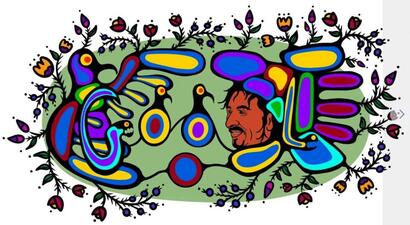

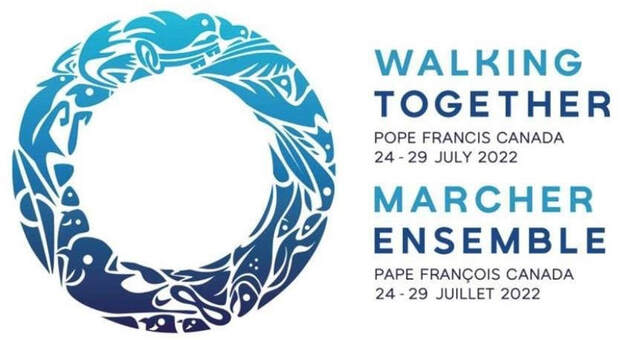
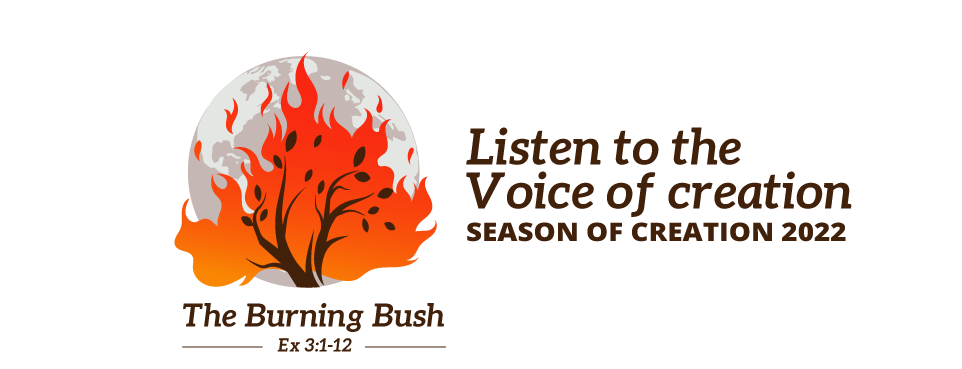
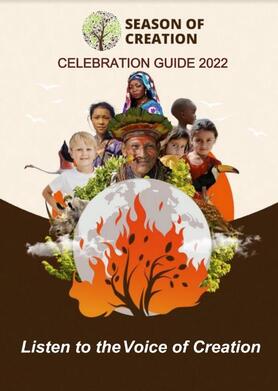
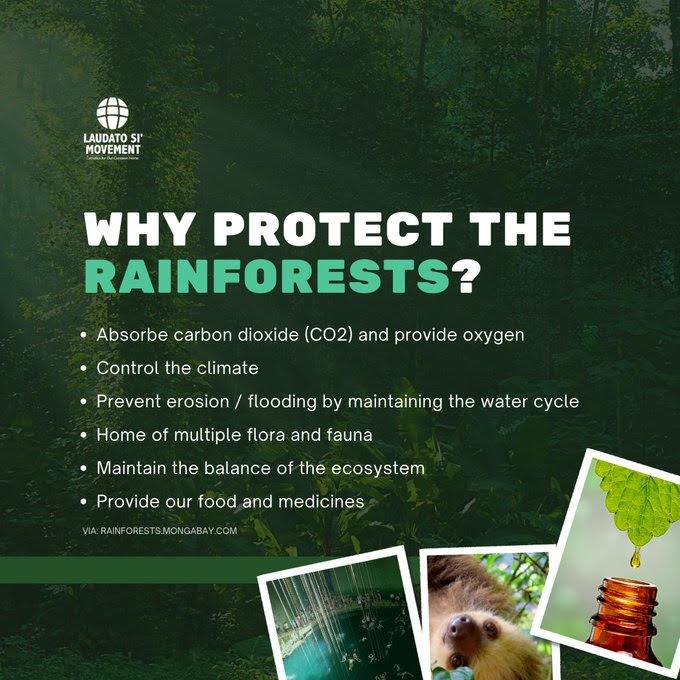
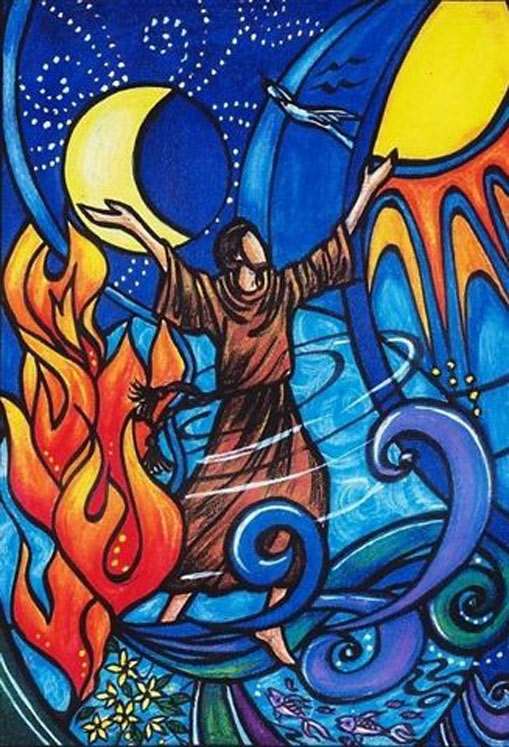

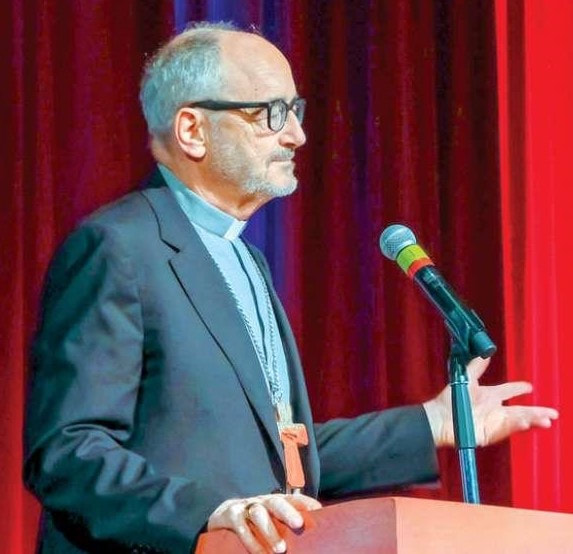
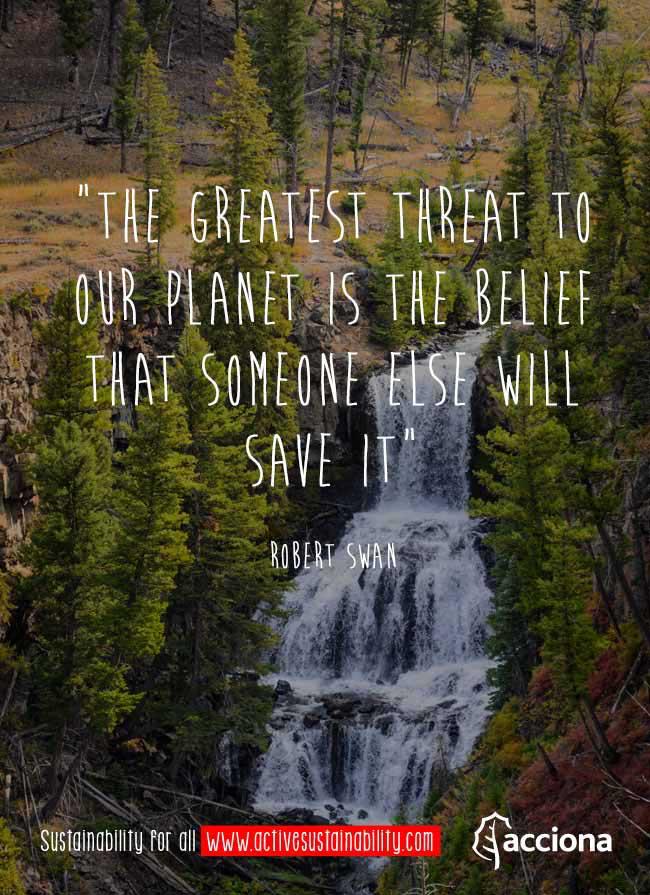
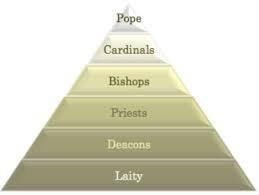
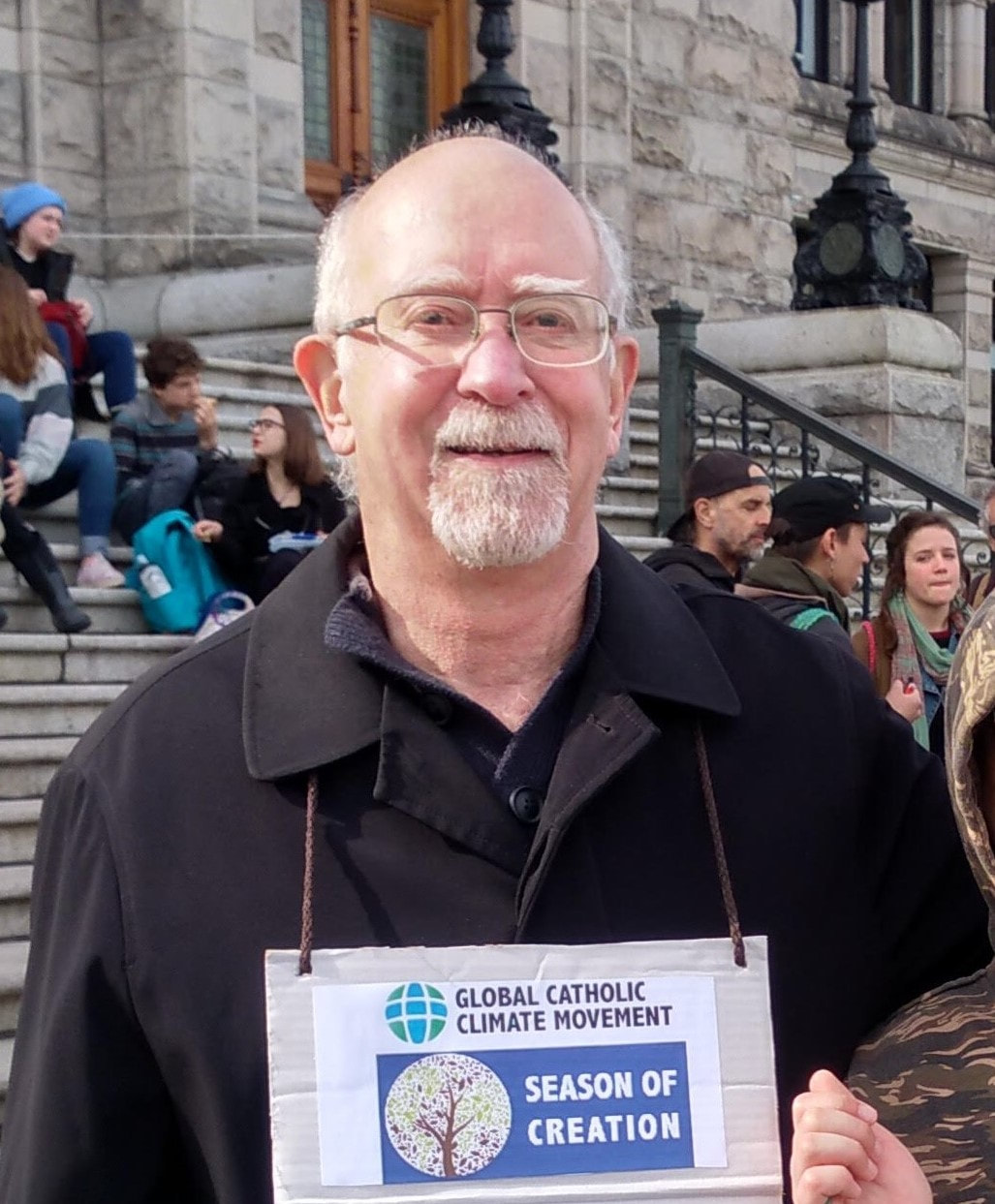

 RSS Feed
RSS Feed